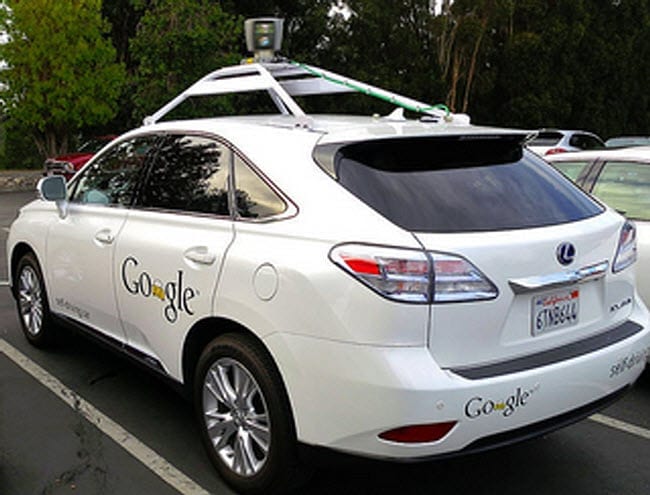Driverless cars could have a major impact on the auto insurance market
Self-driving cars are coming and that may change Google’s position in the auto insurance space. Recently, Google launched its insurance rate comparison service in the U.S. Called Google Compare, this service has been operating in the United Kingdom for some time, representing quotes from 124 insurers in the country. The UK government has already approved the testing of driverless vehicles on public roads, but U.S. regulations are still somewhat restrictive. These vehicles could have a significant impact on the auto insurance industry as a whole.
Human error to be removed from the driving experience with self-driving cars
Human error accounts for the majority of car accidents, and driverless vehicles remove this issue from the equation almost entirely. As such, liability is likely to shift in the insurance industry as these vehicles become more popular. While self-driving cars can still get into accidents, these events will more likely be due to technical faults rather than human error. This will change how auto insurance providers address risks and automakers will likely take on the majority of liability if their vehicles fail to operate correctly.
Google Compare could be a precursor to a more aggressive move into the auto insurance market
 Google has been testing self-driving vehicles for some time. With Google Compare, the company may take advantage of an opportunity to underwrite its own insurance policies, displacing the current market. Google has not announced any plans to do this at this point, but the company does seem to be positioning itself to play a much larger role in the auto insurance sector in the coming years.
Google has been testing self-driving vehicles for some time. With Google Compare, the company may take advantage of an opportunity to underwrite its own insurance policies, displacing the current market. Google has not announced any plans to do this at this point, but the company does seem to be positioning itself to play a much larger role in the auto insurance sector in the coming years.
Small insurers can use Google Compare to compete with their larger counterparts
Smaller insurers could find success in Google Compare. The service may give these insurers more exposure, allowing them to compete more aggressively with larger companies. The service will also serve as an opportunity to help Google better understand the auto insurance market in the United States. The data that the company collects could be put to use in future insurance initiatives.

